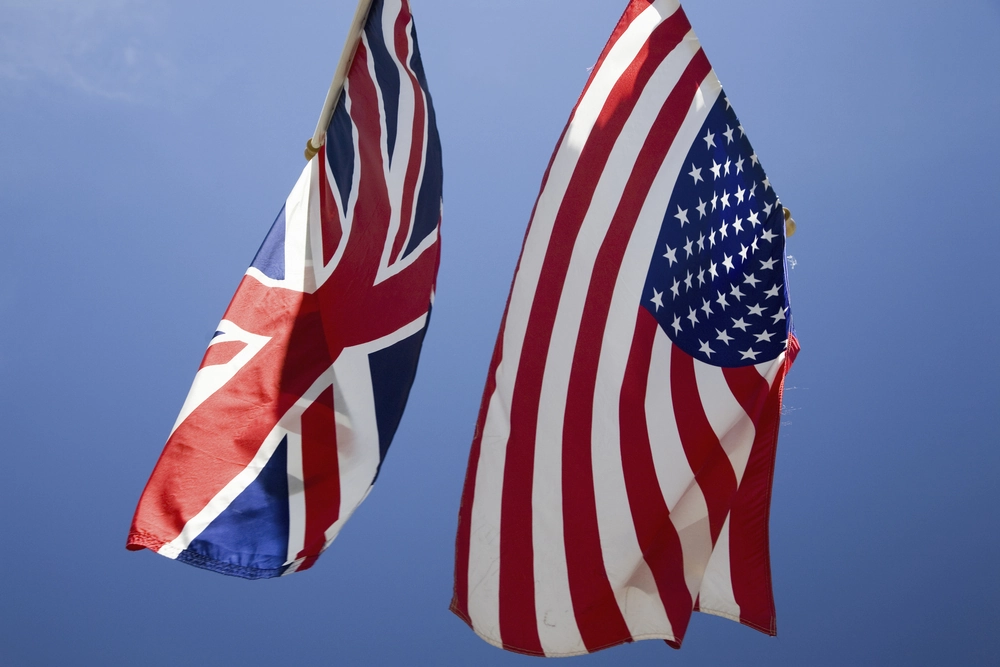
IFN Correspondent Report: An Islamic Finance Superapp – a not-so-distant reality?

By Lingxi Wang
24 Oct 2023 | 3 minute readThis article was first published in IFN Volume 20 Issue 41 dated 11 October 2023.
Because X's rebrand was widely derided, it is easily missed that (formerly) Twitter's superapp ambitions (to leverage a combination of key services with the aim of harnessing mass uptake) drove this seismic move. As new superapps continue to inspire widespread adoption across different regions, the prospect of riding the next superapp wave is understandably beguiling. Should we then expect a wave of Islamic Finance superapps in the near future? Unsurprisingly, this depends on a few key factors.
Clearly, lack of ambition will not be a limiting factor. In recent years, various players have made noticeable moves to position themselves as a potential provider of the next Islamic Finance superapp. Most prominently, because of the numerous partnerships that cryptocurrency Islamic Coin and its parent company Haqq Network have been involved in this year, the HAQQ Wallet app could potentially draw on the capabilities of at least four other apps that already encompass a range of financial services. Similarly, in launching both its investment and Buy-Now-Pay-Later app functions, Tashkent-headquartered Iman has made strides towards its self-professed ambition of originating a superapp akin to the 'Halal Revolut'. UK-headquartered Yoosr will also begin its bid for IF superapp status when it launches its financial management and banking app between late 2023 and early 2024.
What then, are the ingredients of a superapp? The trajectories of established superapps WeChat and Grab form useful reference. Strategically, whilst each global superapp had a specific original function – messaging and ride-hailing respectively – both have achieved success by expanding their functionalities in ways that enabled their establishment as indispensable parts of everyday life (in China and South-East Asia respectively). Arguably, the mass uptake of both WeChat and Grab's cashless payment functions sits as a key acceleration point in both superapps' stories. Whilst the overall uptake of some of WeChat's and Grab's other functions (business advertising, the ability to make image or video based status updates and food delivery) is highly dependent on individual users' habits, achieving widespread use of a universal feature such as point-of-sale digital payment elevated each app from popular to ubiquitous.
Regulatory favour forms another valuable component of the superapp's formulation. Ease of geographical expansion and data protection compliance appear to be sub-issues that are especially key.
Geographical Expansion
The speed at which prospective superapps have generated buzz across borders has also historically proven key to success. Apps in the IF space, which commonly involve the provision of financial or banking services, must consider the additional hurdle of obtaining relevant approvals to deliver these services across different jurisdictions. Whilst this requires pre-planning, this hurdle is by no means insurmountable. When Fasset (an app that allows individuals to buy, sell and trade cryptocurrencies in a shariah-compliant manner) formally launched last month, it reported a million user sign-ups across Asia and GCC member states within a week. It is likely that Fasset's previous regulatory groundwork across the UAE, Bahrain, Indonesia and Pakistan facilitated this immediate momentum.
Data Protection
Data protection laws are being increasingly enacted outside the EU (for instance, India passed its Digital Personal and Data Protection Act last month). However, data protection requirements in the EU have generally been stricter and more specific. Since 2016, the European Data Protection Supervisor have asked that EU-based aspiring superapp makers observe particular guidelines for the processing of personal data by apps. Due to this, the obligations that EU-based aspiring superapp makers should meet to expand their suite of functionalities have arguably been more onerous than that placed on non-EU based makers. As a result, aspiring superapps based outside the EU possibly have more room to manoeuvre flexibly.
Whilst gathering the components of the next IF superapp is by no means a straightforward undertaking, there are encouraging signs that market players are up to the task. Watch this space.












